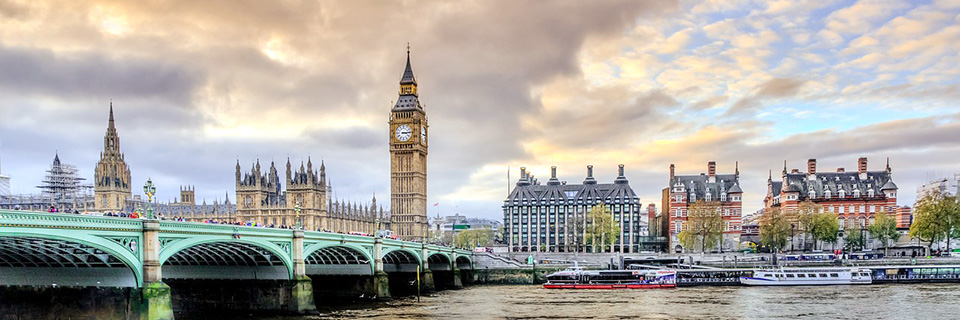Tax professionals are urging HMRC to make its policy on tax residence during the COVID-19 pandemic more flexible, following continuing concerns that individuals who normally live abroad will inadvertently become UK-tax-resident because they are stranded in the UK. The statutory residence test already contains an exception that allows days spent in the UK due to exceptional circumstances to be ignored and HMRC has provided guidance on its interpretation of that exception in the COVID-19 emergency. However, there are still two key problems, says STEP's Technical Counsel Emily Deane TEP.
The first is that the exception is limited to 60 days, but the pandemic has prevented foreign travel for many more days than that in the current tax year. Many foreign individuals who have followed government travel advice have been unable to return to their home country before the limit expired. The second is that the exceptional circumstances exemption does not apply to all parts of the statutory residence test where day counting is relevant and HMRC invokes a 'work tie' criterion instead. Many individuals stranded in the UK are required by their employer to work remotely and will have a work tie if they work in the UK for more than three hours on at least 40 days. This reduces the number of days that they can spend in the UK before becoming UK-resident. Other factors determining tax residence include family ties or homes in the UK...
Login to see the whole story
For business consultation, please contact us








